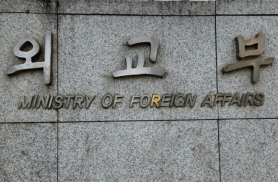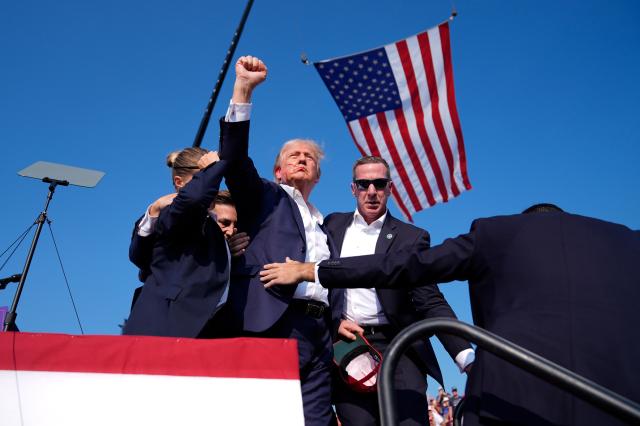
The rise in such incidents is a disturbing trend, reflecting heightened political polarization, factionalism and broader social divisions amid a climate of intolerance. These acts of violence are not only dangerous but also undermines democratic principles, as they are often motivated by false belief or assumption that removing a single individual would change political landscape.
One of the latest examples for such violence is the attempted assassination of former U.S. President Donald Trump last month. The U.S. Republican Party's presidential nominee sustained a gunshot wound to his ear while addressing a crowd on a campaign trail in Pennsylvania on July 13.
The incident starkly showed the dangerous escalation of political tensions and the lengths to which some extremists are willing to go to pursue their agendas or simply to grab public attention.
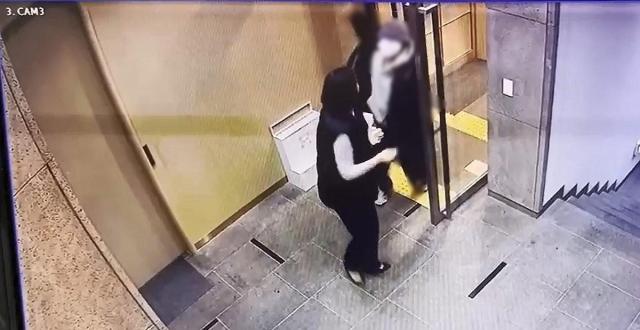
The assailant was arrested at the scene and told police he did not have any specific plans or motivations, claiming the attack was impulsive. It turned out that he had nothing to do with politics but struggled to adjust to school life and had difficulties with classmates.
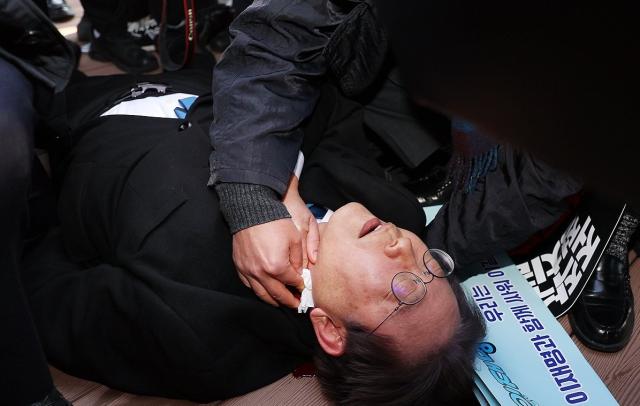
The incident can be attributed to the phenomenon of so-called political fandom, characterized by fervent support for particular ideologies, parties, and politicians, often accompanied by blind loyalty that disregards or dismisses criticism and opposing views.
"These days, some politicians do not even mind aligning with extremists and even radical hatemongers to win votes, often leading to what is known as confirmation bias," Chae Jin-won, a professor at Kyunghee University told to Aju Press last week.
This means they tend to selectively seek out information and favor evidence that supports the stance of a party with which they have strong political affiliations, while ignoring things that contradict their views. "Politicians should recognize that hate-driven politics can only lead to more violence, which may eventually pose a threat to them as well," he added.
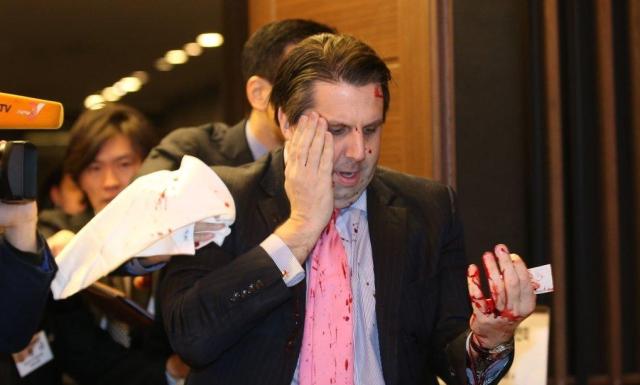
The underlying causes of these violent attacks and behaviors vary, whether they are politically motivated or not, requiring multifaceted measures to prevent them. They are often rooted in socioeconomic disparities, personal anger, and psychological factors, exacerbated by dire situations like high unemployment, soaring housing prices and rising income inequality.
Korea, indeed, has been witnessing growing anger and resentment among its people in recent years, amid the country's widening wealth disparity, which makes the rich richer and the poor poorer. Many feel that Korean society is unfair, and some who see no hope for a better future turn to violence to vent their frustration and dissatisfaction through erratic behavior towards public figures or random attacks against individuals they do not even know.
"Politicians and other leaders should cultivate a culture of cooperation and mutual respect, leading to achieving consensus that would win voters' hearts," said Kim Nang-gi, a professor at Halla University.
Copyright ⓒ Aju Press All rights reserved.



